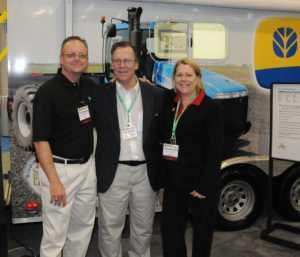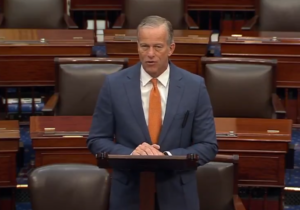 Hello and welcome to the ZimmCast.
Hello and welcome to the ZimmCast.
The first day of spring started the day after the annual Agri-Pulse Ag & Food Summit and National Ag Day Activities. We have published virtual newsrooms on our AgNewsWire website and story posts on AgWired. So, in this episode I’d like to share a few of the interviews and audio from the events.
I’ll start out with Agri-Pulse. You can listen to the opening remarks from Ireland’s Ambassador to the United States Geraldine Byrne Nason. Next will be Jim Sutter, CEO, USSEC and then Jane Franch, Sr. Director, Climate Impact, Pivot Bio.
I’ll move to the National Ag Day Activities with a student panel discussion. The students are Taylor Rogers, National Grange Youth Ambassador; Lance Williams, AFA advisor; Caroline Groth, FFA Eastern Region Vice President; and Matias Habib, National 4H. Moderated by Miles Chiotti, Manager, Public & Industry Relations – Agriculture & Turf Division at John Deere.
It is Cindy’s time to be in Washington, DC this week for the ACE Fly-in. After that the next event coming up soon is the 2025 Agri-Marketing Conference. If you haven’t registered, you can still do so. I’ll see you there.
Listen to the episode here:
ZimmCast 744 - Agri-Pulse & Ag Day (42:18)
That’s the ZimmCast for now. Please let us know if you have ideas for a future podcast. Just email Chuck at chuck@zimmcomm.biz.
We hope you enjoyed it and thank you for listening.
Subscribe to the ZimmCast in:
 It’s almost time for the 2025 Agri-Marketing Conference. To get a preview of all the activities I spoke with Carrie Isaacson, Broadhead, Chair for this year’s conference.
It’s almost time for the 2025 Agri-Marketing Conference. To get a preview of all the activities I spoke with Carrie Isaacson, Broadhead, Chair for this year’s conference.








